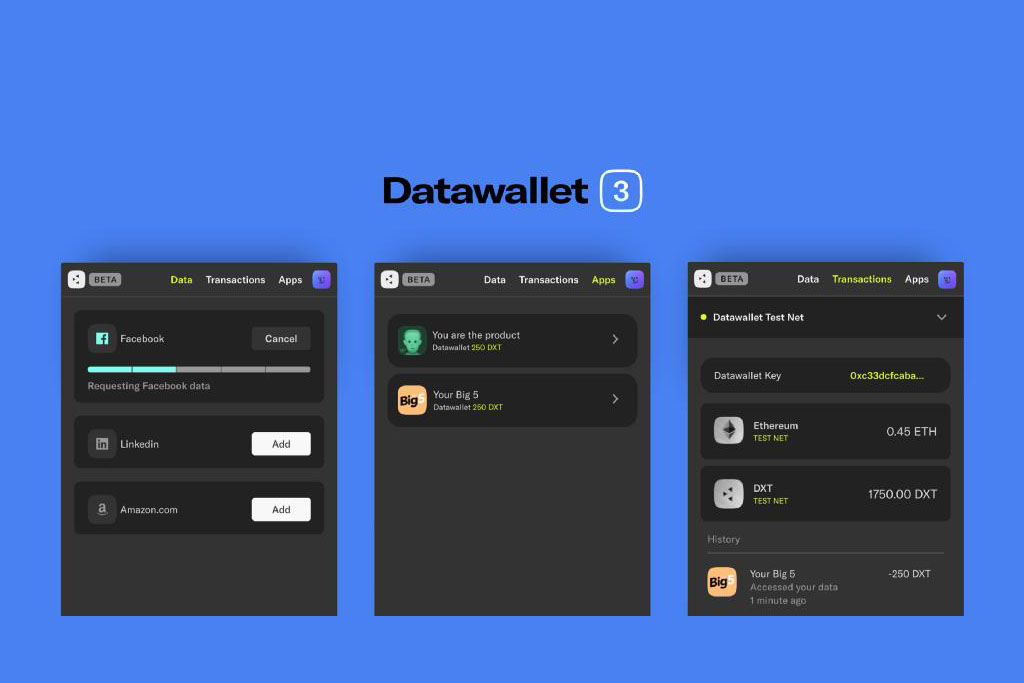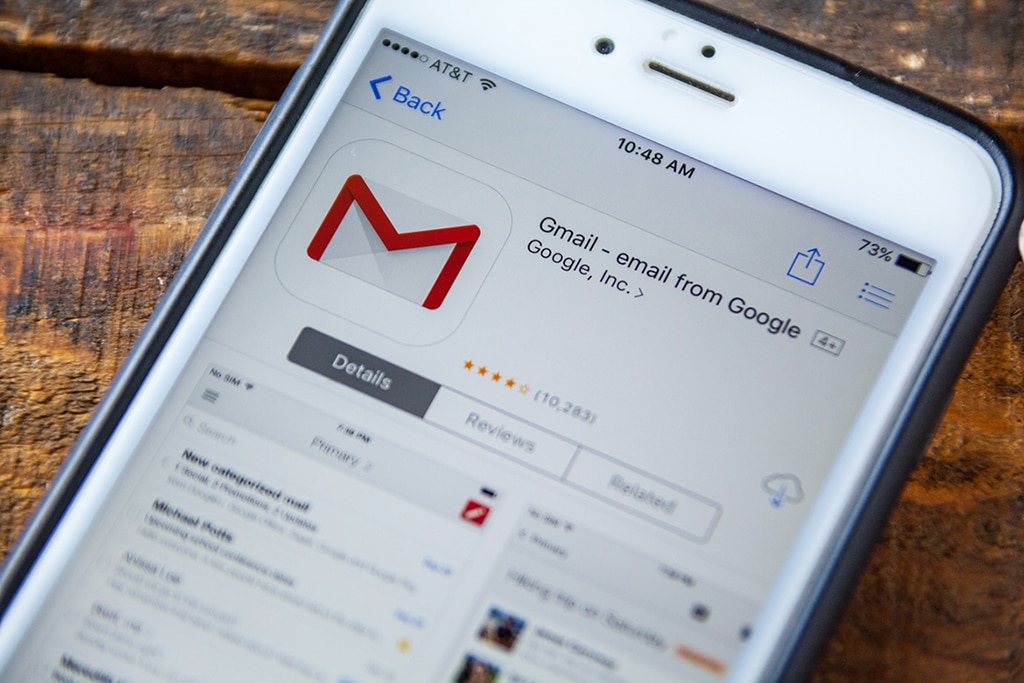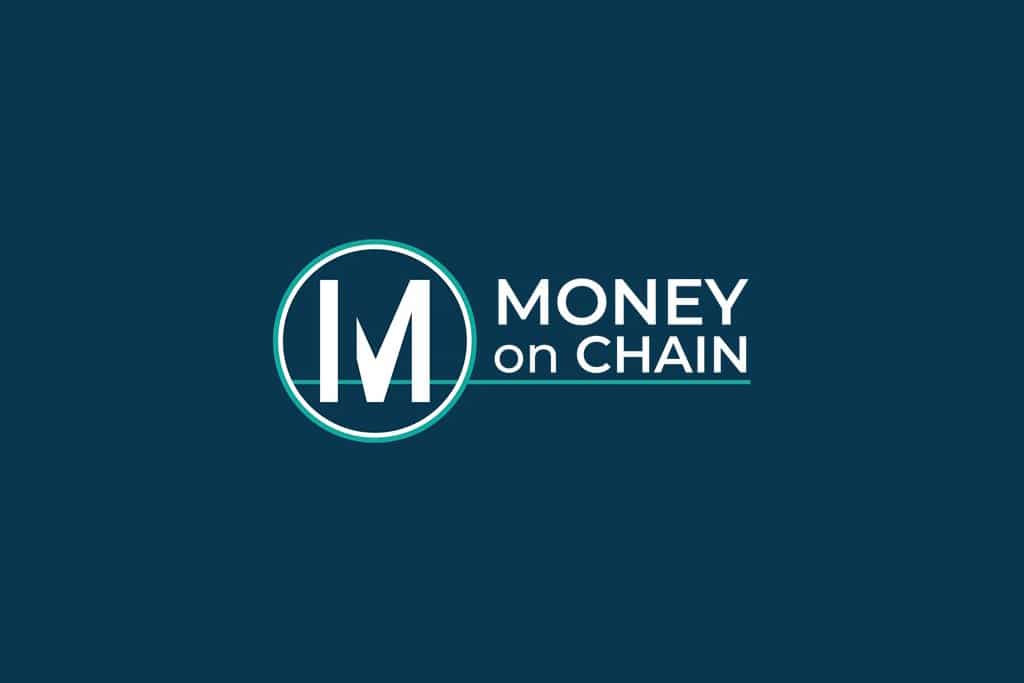
Positioned on the opposite side of the aisle from the tech giants, whose entire business model is predicated around reselling user data en masse, these startups are seeking to redefine the way in which data is controlled, shared and sold on the web by returning sovereignty of data to its rightful owners. It’s an ambitious objective, but one that Web3 proponents believe to be not only natural, but inevitable.
One company leading the charge is Datawallet, whose aptly named “Datawallet 3.0 – Developer Edition” release embodies all the hallmarks of Web3: full encryption, self-sovereignty of data, local storage, and permissioned access. Explaining the rationale behind the company’s latest release, Datawallet CTO Daniel Hawthorne explains:
“Ever since the Facebook-Cambridge Analytica scandal came to light, people have begun to question who controls their data and how these entities are profiting from it. While it’s too late to turn back the clock on data scandals such as Cambridge Analytics and the well-document Equifax breach, we believe it’s possible to re-engineer the foundations of the web to prevent data breaches on this scale from occurring again.”
Datawallet is not alone in this quest. Luminaries as lauded as Sir Tim Berners-Lee, creator of the world wide web, have thrown their weight behind projects seeking to restore online privacy and self-ownership of data. Through creating a series of encrypted data “pods” or containers, Web3 architects hope to make self-sovereignty of data the norm rather than the exception. They face an uphill battle in changing deeply entrenched attitudes from a public accustomed to entrusting their data to web giants, but there are signs that the Web3 movement is starting to gain traction.
Datawallet’s personal SDK enables users to leverage data from the likes of Facebook, Google, and Amazon, so that developers can deliver personalized experiences without violating user privacy. The startup, which has received backing from the likes of crypto investor Tim Draper, aims to champion a more ethical approach to personal data access and ownership.
The Architecture of a Web3 Wallet
Datawallet uses smart contracts to control access to the data stored locally in the user’s wallet. Developers wishing to create applications that integrate with Datawallet can harness the Datawallet SDK to test and launch apps. Games, visualizations, products, services and other kinds of consumer-facing apps can be designed, with the Datawallet SDK controlling permission flow.
A GUI abstracts away much of the complexity, accelerating app creation and controlling the underlying access management layer and data API by which data can be queried via GraphQL. Detailed tutorials have been provided to guide developers through the process and spur the creation of Web3 apps.
For businesses wishing to create consumer apps without being held liable for storing user data, solutions such as Datawallet have obvious appeal. In an era of GDPR compliance and increasing data regulation, tech companies must ensure they adhere to global data standards while providing seamless user experience. User-controlled data permissioning enables compliance without curtailing access to the information businesses require in order to provide a service.
With 90% of the world’s data since the dawn of time having been created in the last two years, the web is drowning in data. This glut of data has come at great cost to its owners, who have seen their personal information, including social security numbers, credit card details, and passwords, hacked, stolen and resold. By 2025, it is estimated that 175 zettabytes of data will be generated annually (one zettabyte equals one trillion gigabytes), creating an impending data storage crisis.
Datawallet’s Daniel Hawthorne insists:
“Local sourcing, storage, and encryption provides users with strong privacy assurances. In the near future, I’m confident that self-sovereignty of personal data will be as ingrained into daily life as technical innovations such as smartphones and the cloud are today.
You wouldn’t invite strangers to look after your home while you were on vacation – why would you do the same with your data, by entrusting it to companies that don’t even know you and have little incentive to safeguard it?”






